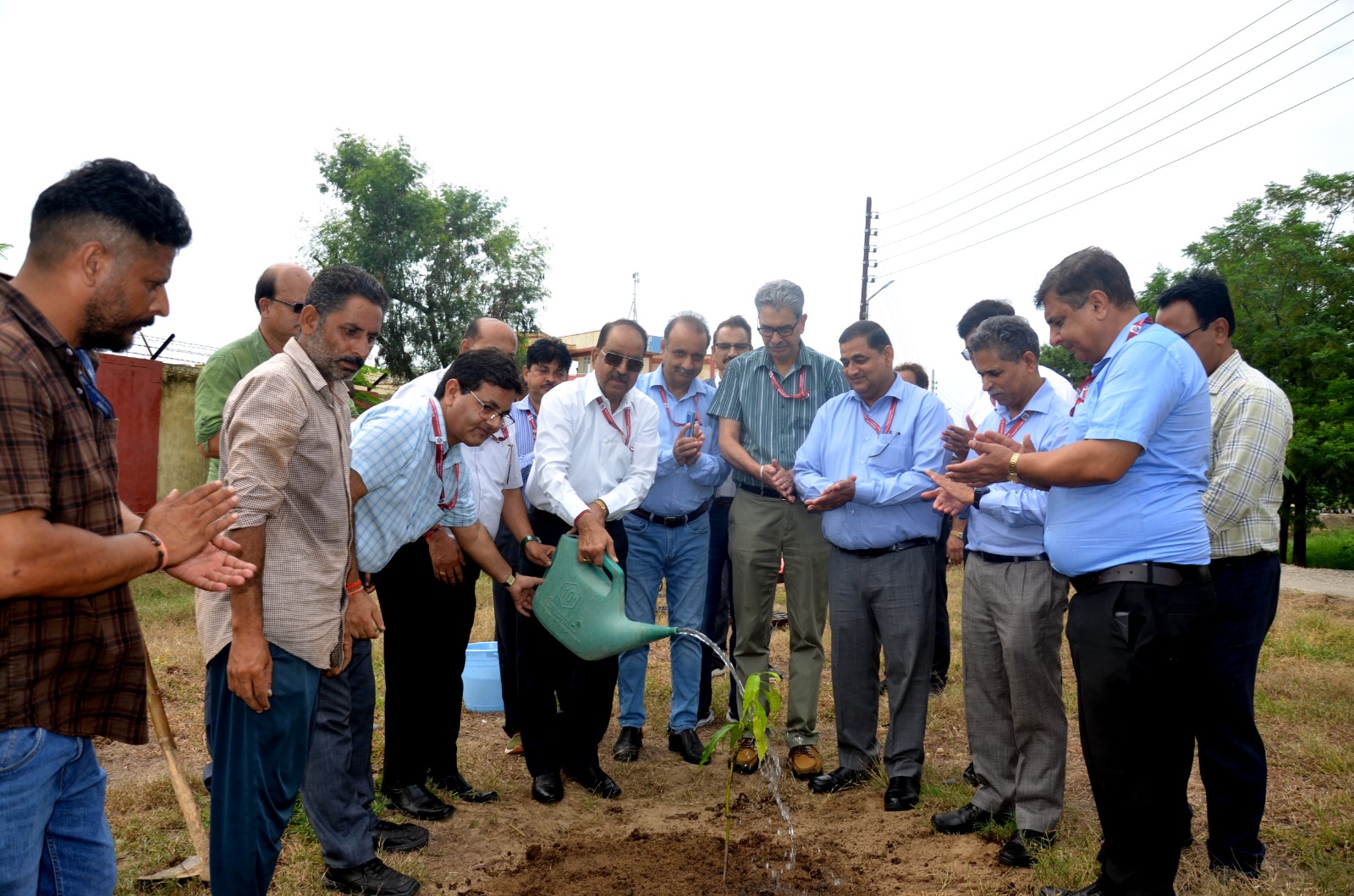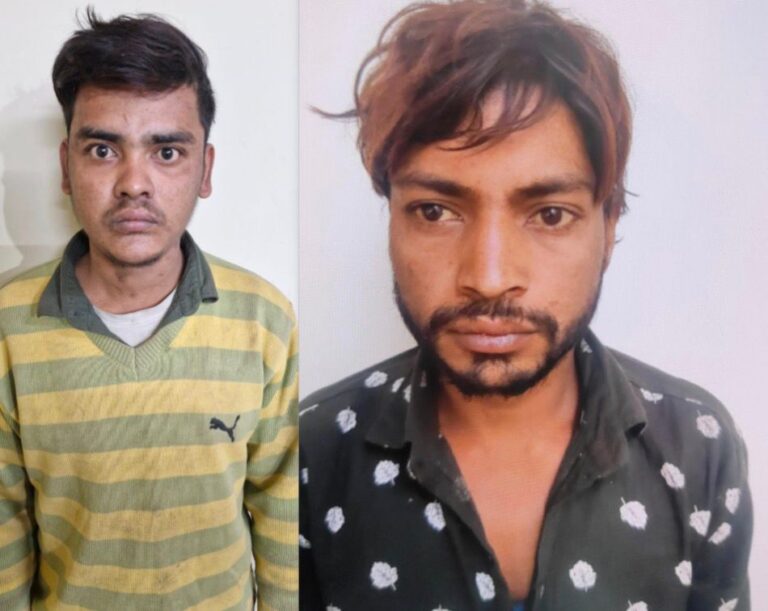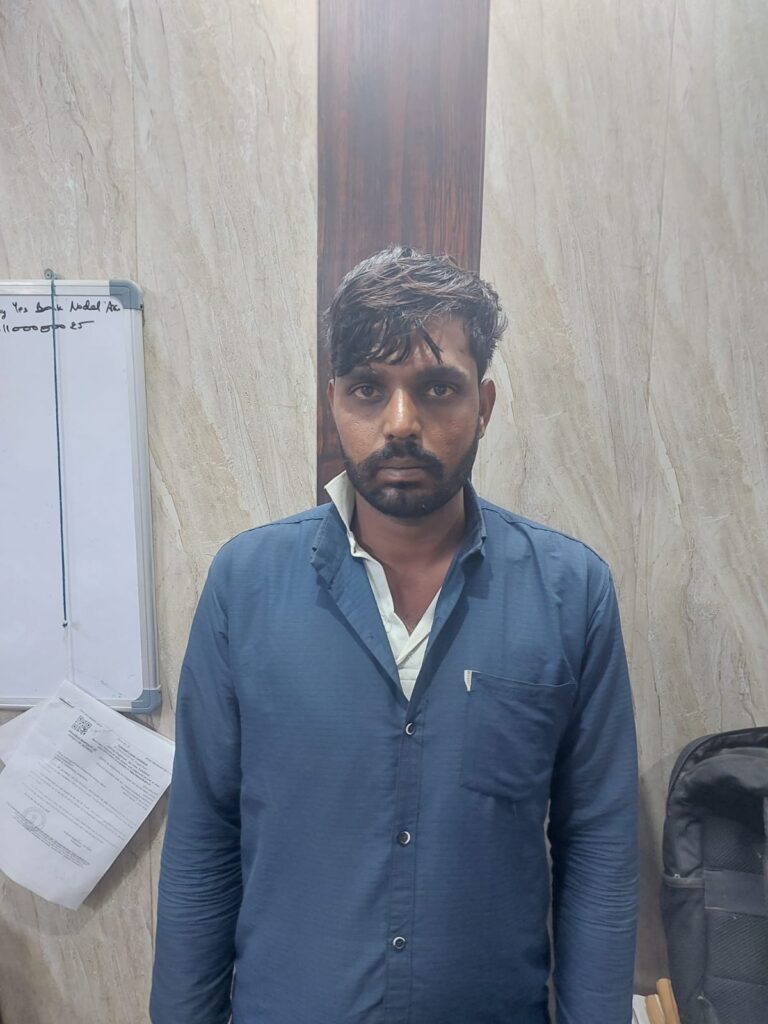
VC SKUAST-Jammu Leads Viksit Bharat Yuva Connect Programme with Plantation Drive and Youth Centric Initiatives

Sher-e-Kashmir University of Agricultural Sciences and Technology of Jammu (SKUAST-Jammu) has taken a proactive step toward realizing the national vision of Viksit Bharat @2047 by launching the Viksit Bharat Yuva Connect Programme (VBYCP) with a major plantation drive. The drive was kick-started by Hon’ble Vice Chancellor Prof. B.N. Tripathi on August 1, 2025, with the aim of planting 3,000 saplings in a week. The initiative featured native and fruit-bearing tree species such as mango, bael, aonla and jamun, promoting ecological restoration and nutritional security. All statutory officers of the university actively participated in the campaign, reflecting a strong institutional commitment to sustainable development.
The VBYCP at SKUAST-Jammu is being coordinated by Dr. Sanjay Khar, Director Education, while the Nasha Mukt Bharat Abhiyan (NMBA) is led by Dr. Sudhakar Dwivedi, Dean Student Welfare. The plantation activity was effectively executed through a collaborative effort involving Dr. M.K. Pandey and Dr. R.K. Pandey, with coordination by Hostel Wardens Dr. A.K. Singh and Dr. Kapil Tiwari.
Speaking on the occasion, Prof. B.N. Tripathi emphasized that Viksit Bharat @2047, as envisioned by Hon’ble Prime Minister Narendra Modi, goes beyond a developmental slogan and represents a national movement aimed at transforming India into a developed nation by its centenary of independence. He underlined the vital role that academic institutions must play in this mission by driving innovation, nurturing entrepreneurship, and building a skilled and empowered youth force. He called for a fundamental shift in academic priorities moving away from rote learning and towards experiential, problem-solving education that inspires students to become job creators rather than job seekers.
Prof. Tripathi further stated that the youth must be empowered through a structured ecosystem grounded in the principles of “idea, incubation, innovation and start-up.” He stressed the importance of integrating skill development, creativity and curiosity into academic programs, thereby laying the foundation for a resilient, self-reliant India. He also highlighted the growing role of agricultural universities in contributing to climate-resilient farming, sustainable rural livelihoods, and national food security; all of which align with the broader objectives of Viksit Bharat.
Acknowledging the progressive leadership of Hon’ble Lieutenant Governor Shri Manoj Sinha, Prof. Tripathi noted that Jammu and Kashmir has witnessed substantial strides in both infrastructure and education. He expressed gratitude for the continuous support extended by the UT administration and the Chief Minister’s Office, which has enabled SKUAST-Jammu to overcome systemic hurdles and implement national flagship programs effectively at the grassroots level.
In the lead-up to the national launch of the VBYCP, SKUAST-Jammu will host a series of pre-launch events on August 11, 2025. These include a Youth Parliament to encourage political discourse among students, a MY Bharat Online Registration Drive to digitally onboard youth onto the government’s youth engagement platform, and a Debate Competition focused on the theme “Emergency,” promoting civic awareness and critical thinking.
The national-level launch of the VBYCP will be held on August 12, 2025, coinciding with International Youth Day. On this landmark day, the Hon’ble Prime Minister will virtually address youth from over 1,339 universities across the country, marking the beginning of an annual tradition of direct engagement between the nation’s leadership and its young citizens.
Prof. Tripathi concluded by calling on the entire SKUAST-Jammu fraternity; students, faculty and staff to make the VBYCP a resounding success. He reiterated that the future of India lies in the hands of its youth, and it is the responsibility of educational institutions to mentor, guide, and empower them to lead the country into a new era of prosperity, inclusivity, and self-reliance.



